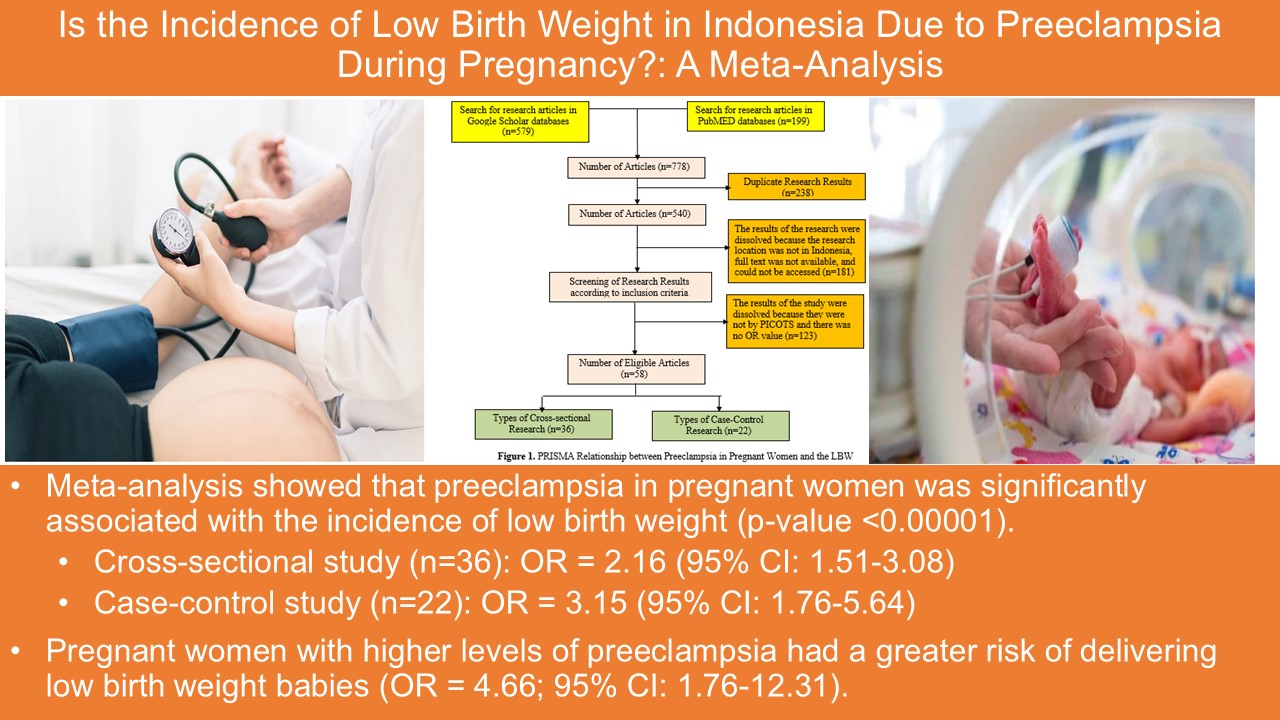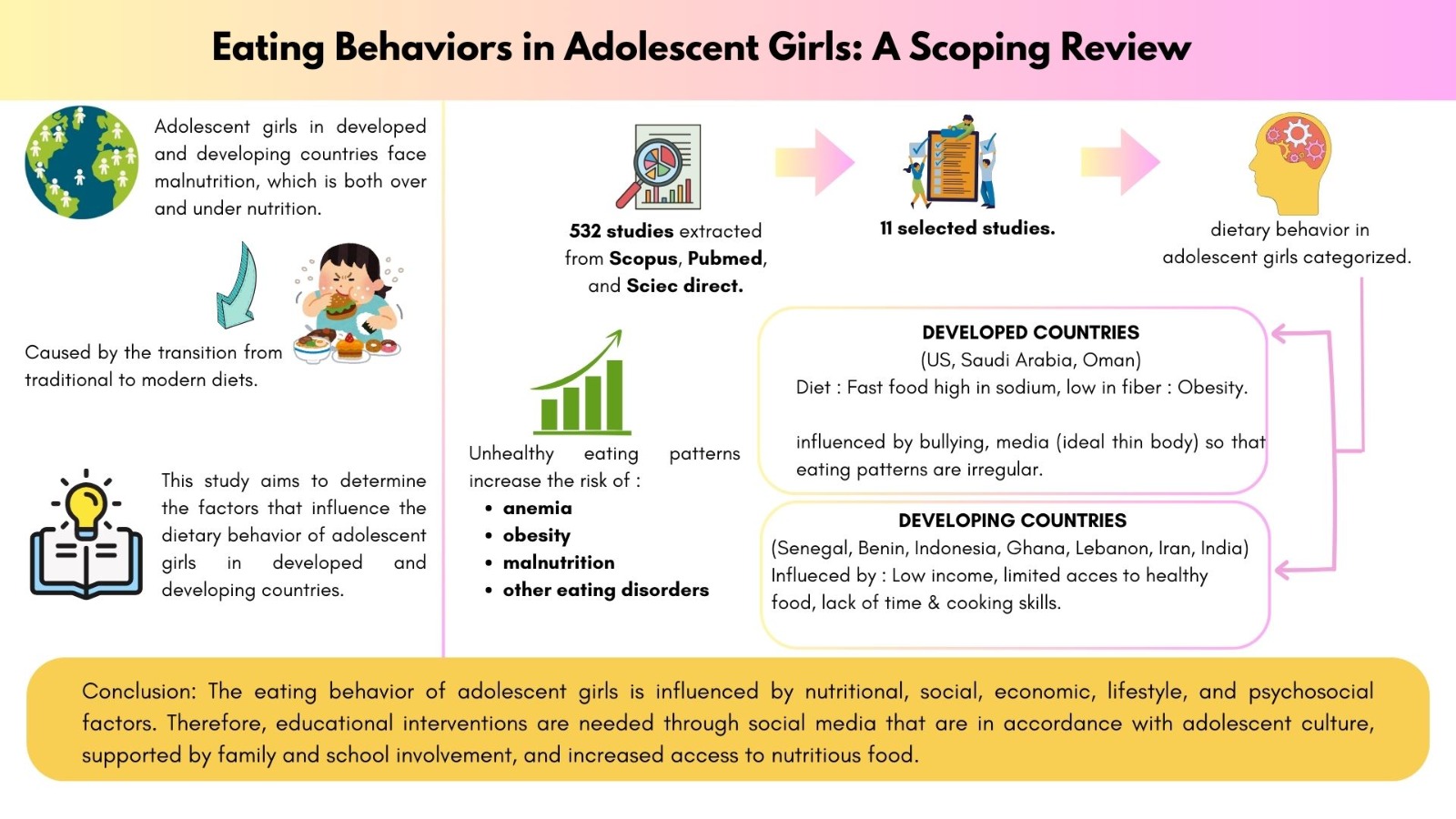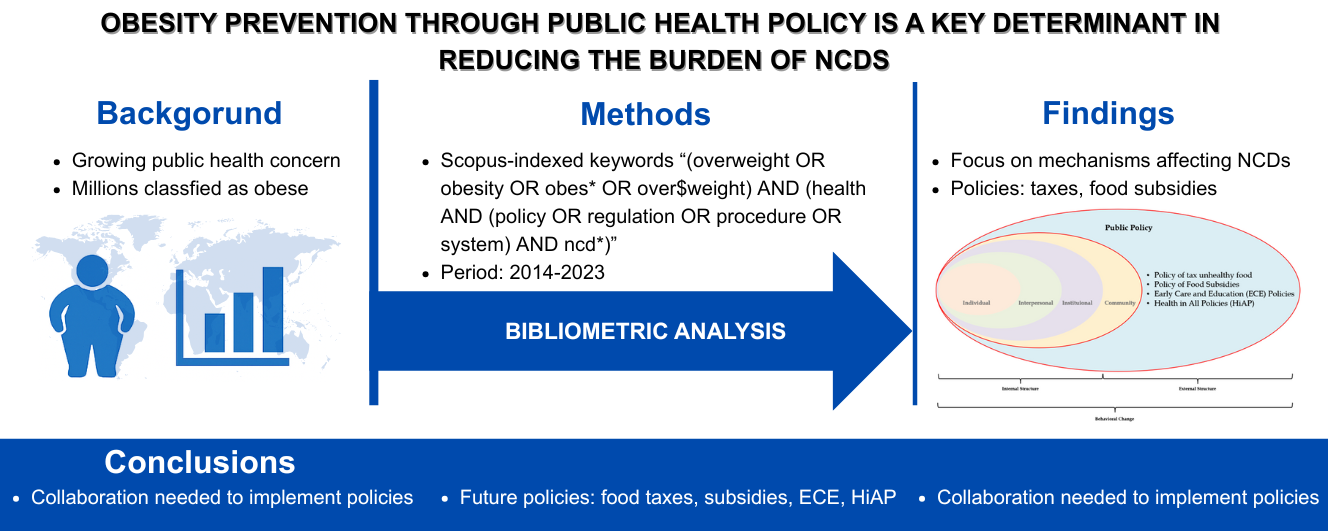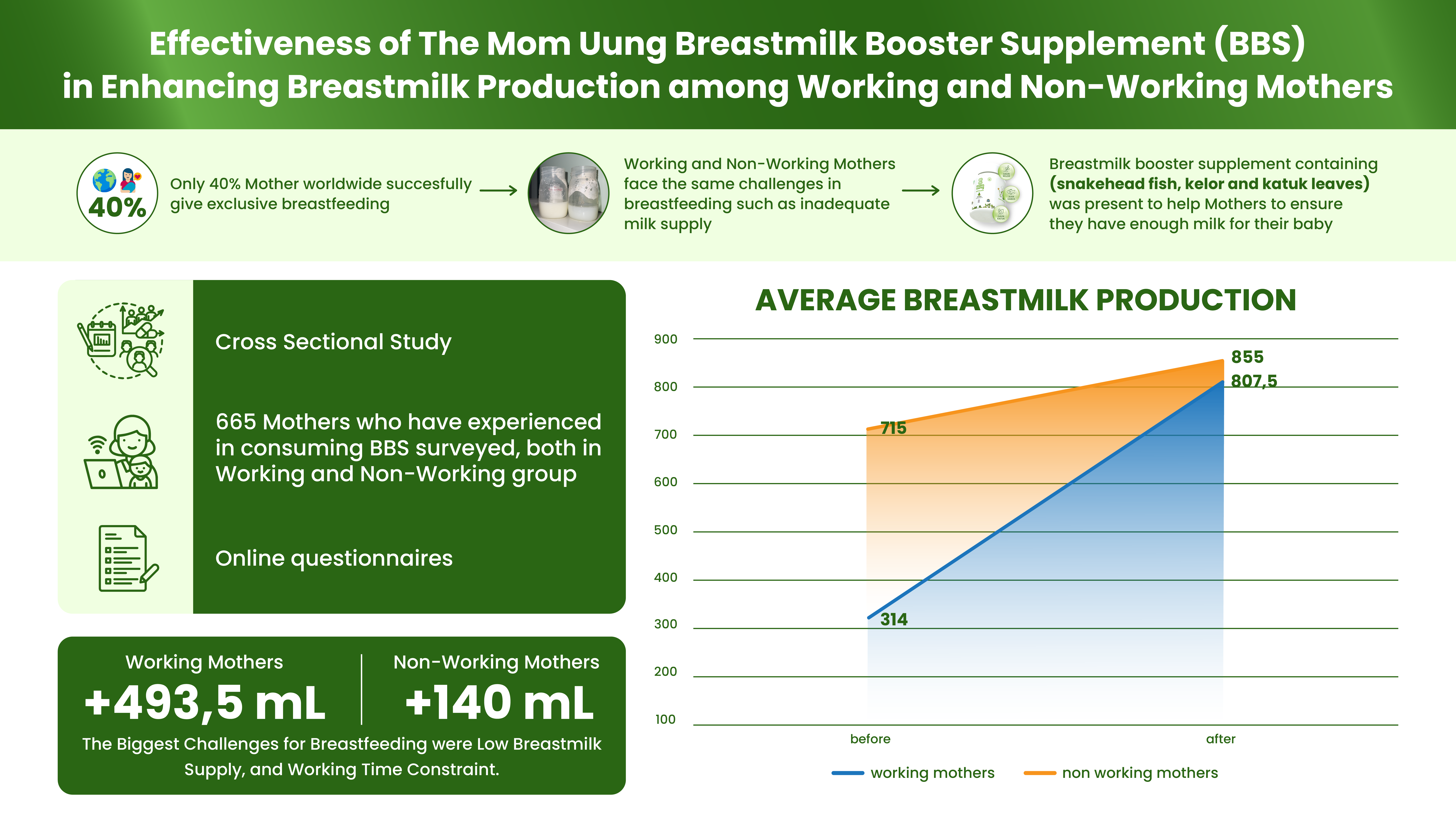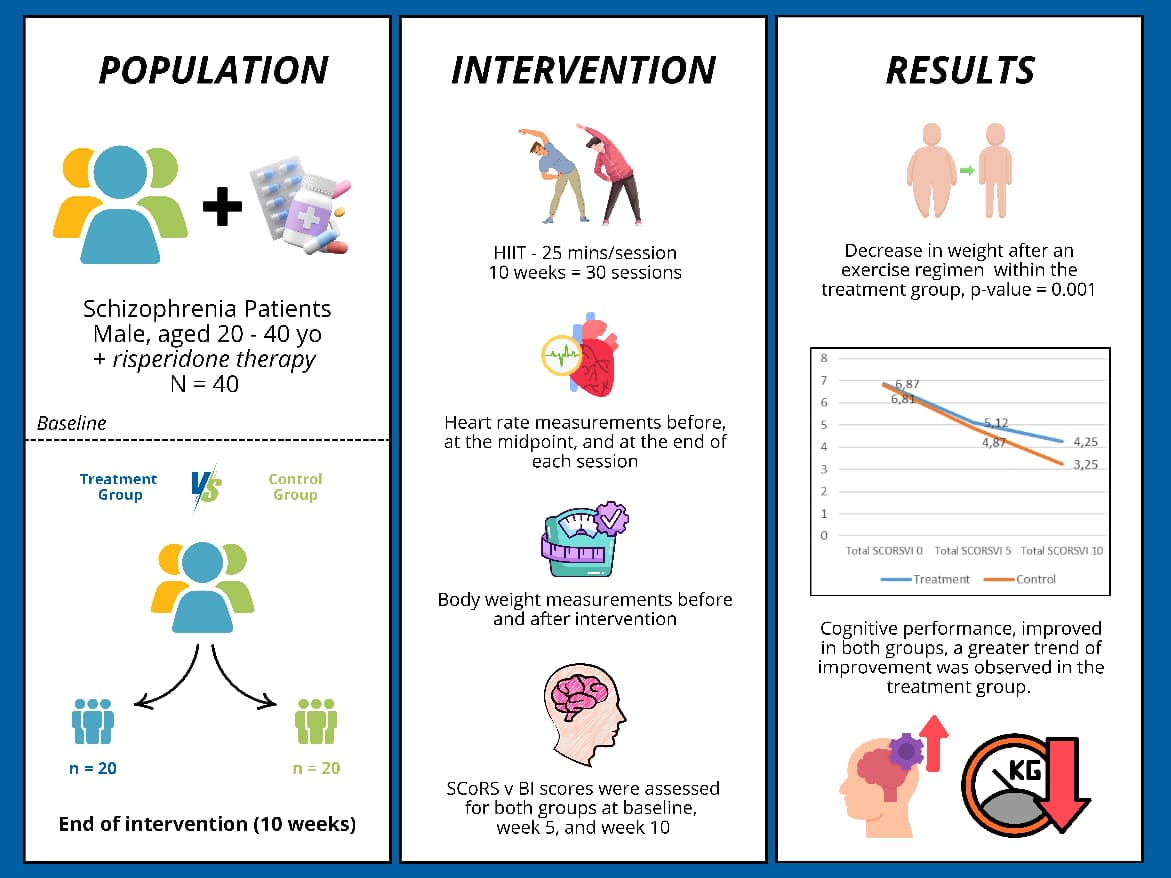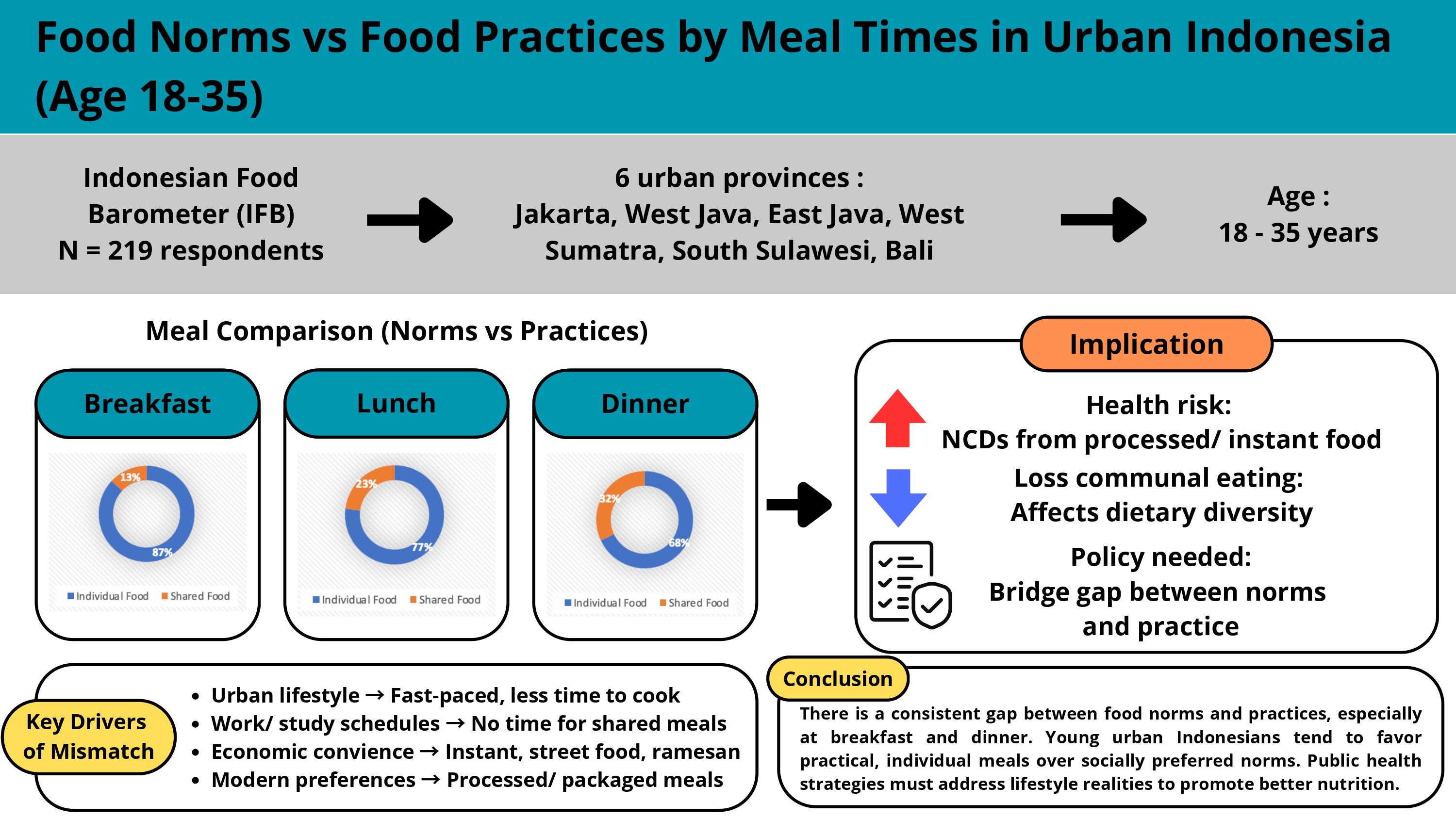Editorial Policies
- Focus and Scope
- Publication Frequency
- Section Policies
- Peer Review Process
- Open Access Policy
- Archiving
- Plagiarism Screening
- Publication Ethics
- Document Template
FOCUS AND SCOPE
Media Gizi Indonesia (MGI) receives manuscripts focusing on food and nutrition, both from research results and literature studies that include:
1. Community nutrition
2. Clinical nutrition
3. Institutional nutrition
4. Food service management
5. Food technology
6. Current issues on food and nutrition
PUBLICATION FREQUENCY
National Nutrition Journal is published three times a year in January, May and September.
SECTION POLICIES
ARTICLES
APACPH 2021
Editors- Qonita Rachmah S.Gz., M.Sc
PEER REVIEW PROCESS
The editor or editorial board considers the feedback provided by the peer reviewers and arrives at a decision. The following are the most common decisions:
- accept without any changes (acceptance): the journal will publish the paper in its original form
- accept with minor revisions (acceptance): the journal will publish the paper and asks the author to make small corrections
- accept after major revisions (conditional acceptance ): the journal will publish the paper provided the authors make the changes suggested by the reviewers and/or editors
- revise and resubmit (conditional rejection): the journal is willing to reconsider the paper in another round of decision making after the authors make major changes
- reject the paper (outright rejection): the journal will not publish the paper or reconsider it even if the authors make major revisions
All manuscripts will be reviewed double-blind by at least 2 reviewers. The final decision on the acceptance of the manuscript will be established by the reviewers. If both reviewers did not conclude similar decision, editor-in-chief will have the right to the final decision. Assessment of plagiarism will be done using Turnitin software.
The reviewer's decision will be considered by the Board of Editors to determine the ensuing process of the manuscript.
- Screening Review. The submitted manuscript will be screened for academic quality, focus and scope, and compliance to the guideline by section editor. If they do not meet the conditions, the author will be given the opportunity to revise their manuscript according to the given criteria. However, there is also the possibility that the manuscript will be directly rejected. After initial review, manuscript will continue to the next step.
- Revision Stage. Once the manuscript has been received with notations of minor or major revisions, it will be returned to the author with a review summary form. For manuscripts accepted with major revisions, authors are allotted 3-6 weeks to revise. Whereas for manuscripts accepted with minor revisions, 1 week is allotted for revision.
- Final decision. At this stage, the manuscript will be re-evaluated by the Board of Editors to ensure that the author has revised in response to the reviewers' concerns. In this final decision, the manuscript may still be rejected if the author did not seriously conduct the revisions necessary.
- Proofread. Once the manuscript has been deemed acceptable by the Board of Editors, it will undergo a proofreading process to maintain linguistic quality. English proofreading process will be handled by a professionally licensed proofreading service (may require an additional fee).
- Publication confirmation. At this stage, the final layout of the manuscript will be resent to the author to ensure that the content is in accordance with the author's writing. At this stage, the author may revise any typographical error found in the final manuscript. Once confirmation from the author is given, the Editor will process the manuscript for online publication on the website as well as print publication. The author(s) will receive the final version of the manuscript as a PDF file. PROOF of all manuscripts will be provided to the corresponding author. The PROOF should be read carefully, checked against the typed manuscript, and the corrections may be returned within 7 days.
- Rejection confirmation. If manuscript is rejected, the author will be notified by Chief Editor with a statement of reasons for rejection. The author may appeal to Chief Editor if he or she believes an unfair judgement has been made which encloses the author's reasons. Chief Editor will review and discuss the reasons with Section Editors responsible for the manuscript, and later decide whether to accept or deny the appeal.
- Copyright of manuscripts. Authors submitting manuscripts should understand and agree that copyright of manuscripts of the article shall be assigned/transferred to by MEDIA GIZI INDONESIA (MGI) / National Nutrition Journal. This work is licensed under a Creative Commons Attribution-ShareAlike 4.0 International License (CC BY-SA) where Authors and Readers can copy and redistribute the material in any medium or format, as well as remix, transform, and build upon the material for any purpose, but they must give appropriate credit (cite to the article or content), provide a link to the license, and indicate if changes were made. If you remix, transform, or build upon the material, you must distribute your contributions under the same license as the original.
OPEN ACCESS POLICY
The journal has open access system, it means the journal allows readers to read, download, copy, distribute, print, search, or link to the full texts of its articles and allow readers to use them for any other lawful purpose. (CC BY-NC-SA 4.0)
ARCHIVING
This journal utilizes the PKP PN, LOCKSS and CLOCKSS systems to create a distributed archiving system among participating libraries and permits those libraries to create permanent archives of the journal for purposes of preservation and restoration.
PLAGIARISM SCREENING
The manuscript submitted to our system will be checked using Turnitin software (<20%).
PUBLICATION ETHICS
Media Gizi Indonesia/National Nutrition Journal (ISSN International Centre ; p-ISSN 1693-7228 ; e-ISSN 2540-8410) is a double-blind peer-reviewed electronic journal. This statement clarifies the ethical behavior of all parties involved in the act of publishing an article in this journal, including the author, the chief editor, the editorial board, the peer-review, and the publishers (Faculty of Public Health, Universitas Airlangga). This statement is based on COPE's Best Practice Guidelines for Journal Editors.
The peer-reviewed publication process conducted by Media Gizi Indonesia (National Nutrition Journal) is an essential building block in developing a coherent and respected knowledge network. It is a direct reflection of the quality of the work of the authors and the institutions that support them. Peer-review process supports and embodies the scientific method. Therefore it is important to agree upon standards of expected ethical behavior for all parties involved in the act of publishing: the author, the journal editor, the peer reviewer, the publisher, and the society. Ethical behavior is required both for primary and secondary data.
Universitas Airlangga and Airlangga University Press as the publishers of Media Gizi Indonesia (National Nutrition Journal) take their duties of guardianship over all stages of publishing extremely seriously and we recognize our ethical and other responsibilities. We are committed to ensuring that advertising, reprint, or other commercial revenue has no impact or influence on editorial decisions. In addition, the Faculty of Public Health Universitas Airlangga and Editorial Board will assist in communications with other journals and/or publishers where this is useful and necessary.
Duties of Editors
Fair play and editorial independence
Editors evaluate submitted manuscripts exclusively on the basis of their academic merit (importance, originality, study's validity, clarity) and its relevance to the journal's scope, without regard to the authors' race, gender, sexual orientation, ethnic origin, citizenship, religious belief, political philosophy or institutional affiliation. Decisions to edit and publish are not determined by the policies of governments or any other agencies outside of the journal itself. The Editor-in-Chief has full authority over the entire editorial content of the journal and the timing of publication of that content.
Confidentiality
Editors and editorial staff will not disclose any information about a submitted manuscript to anyone other than the corresponding author, reviewers, potential reviewers, other editorial advisers, and the publisher, as appropriate.
Disclosure and conflicts of interest
Editors and editorial board members will not use unpublished information disclosed in a submitted manuscript for their own research purposes without the authors' explicit written consent. Privileged information or ideas obtained by editors as a result of handling the manuscript will be kept confidential and not used for their personal advantage. Editors will recuse themselves from considering manuscripts in which they have conflicts of interest resulting from competitive, collaborative, or other relationships/connections with any of the authors, companies or institutions connected to the papers; instead, they will ask another member of the editorial board to handle the manuscript.
Publication decisions
The editors ensure that all submitted manuscripts being considered for publication undergo peer-review by at least two reviewers who are expert in the field. The Editor-in-Chief is responsible for deciding which of the manuscripts submitted to the journal will be published, based on the validation of the work in question, its importance to researchers and readers, the reviewers' comments, and such legal requirements as are currently in force regarding libel, copyright infringement and plagiarism. The Editor-in-Chief may confer with other editors or reviewers in making this decision.
Involvement and cooperation in investigations
Editors (in conjunction with the publisher and/or society) will take responsive measures when ethical concerns are raised with regard to a submitted manuscript or published paper. Every reported act of unethical publishing behavior will be looked into, even if it is discovered years after publication. National Nutrition Journal editors follow the COPE Flowcharts when dealing with cases of suspected misconduct. If, on investigation, the ethical concern is well-founded, a correction, retraction, expression of concern or other note as may be relevant, will be published in the journal.
Duties of Reviewers
Contribution to editorial decisions
Peer review assists editors in making editorial decisions and, through editorial communications with authors, may assist authors in improving their manuscripts. Peer review is an essential component of formal scholarly communication and lies at the heart of scientific endeavor. National Nutrition Journal shares the view of many that all scholars who wish to contribute to the scientific process have an obligation to do a fair share of reviewing.
Promptness
Any invited referee who feels unqualified to review the research reported in a manuscript or knows that its prompt review will be impossible should immediately notify the editors and decline the invitation to review so that alternative reviewers can be contacted.
Confidentiality
Any manuscripts received for review are confidential documents and must be treated as such; they must not be shown to or discussed with others except if authorized by the Editor-in-Chief (who would only do so under exceptional and specific circumstances). This applies also to invited reviewers who decline the review invitation.
Standards of objectivity
Reviews should be conducted objectively and observations formulated clearly with supporting arguments so that authors can use them for improving the manuscript. Personal criticism of the authors is inappropriate.
Acknowledgment of sources
Reviewers should identify relevant published work that has not been cited by the authors. Any statement that is an observation, derivation or argument that has been reported in previous publications should be accompanied by the relevant citation. A reviewer should also notify the editors of any substantial similarity or overlap between the manuscript under consideration and any other manuscript (published or unpublished) of which they have personal knowledge.
Disclosure and conflicts of interest
Any invited referee who has conflicts of interest resulting from competitive, collaborative, or other relationships or connections with any of the authors, companies or institutions connected to the manuscript and the work described therein should immediately notify the editors to declare their conflicts of interest and decline the invitation to review so that alternative reviewers can be contacted.
Unpublished material disclosed in a submitted manuscript must not be used in a reviewer's own research without the express written consent of the authors. Privileged information or ideas obtained through peer review must be kept confidential and not used for the reviewer's personal advantage. This applies also to invited reviewers who decline the review invitation.
Duties of Authors
Reporting standards
Authors of original research should present an accurate account of the work performed and the results, followed by an objective discussion of the significance of the work. The manuscript should contain sufficient detail and references to permit others to replicate the work. Review articles should be accurate, objective and comprehensive, while editorial 'opinion' or perspective pieces should be clearly identified as such. Fraudulent or knowingly inaccurate statements constitute unethical behavior and are unacceptable.
Data access and retention
Authors may be asked to provide the raw data of their study together with the manuscript for editorial review and should be prepared to make the data publicly available if practicable. In any event, authors should ensure accessibility of such data to other competent professionals for at least 10 years after publication (preferably via an institutional or subject-based data repository or other data center), provided that the confidentiality of the participants can be protected and legal rights concerning proprietary data do not preclude their release.
Originality and plagiarism
Authors should ensure that they have written and submit only entirely original works, and if they have used the work and/or words of others, that this has been appropriately cited. Publications that have been influential in determining the nature of the work reported in the manuscript should also be cited. Plagiarism takes many forms, from "passing off" another's paper as the author's own, to copying or paraphrasing substantial parts of another's paper (without attribution), to claiming results from research conducted by others. Plagiarism in all its forms constitutes unethical publishing behavior and is unacceptable.
Multiple, duplicate, redundant or concurrent submission/publication
Papers describing essentially the same research should not be published in more than one journal or primary publication. Hence, authors should not submit for consideration a manuscript that has already been published in another journal. Submission of a manuscript concurrently to more than one journal is unethical publishing behavior and unacceptable.
The publication of some kinds of articles (such as clinical guidelines, translations) in more than one journal is sometimes justifiable, provided that certain conditions are met. The authors and editors of the journals concerned must agree to the secondary publication, which must reflect the same data and interpretation of the primary document. The primary reference must be cited in the secondary publication.
Authorship of the manuscript
Only persons who meet these authorship criteria should be listed as authors in the manuscript as they must be able to take public responsibility for the content: (i) made significant contributions to the conception, design, execution, data acquisition, or analysis/interpretation of the study; and (ii) drafted the manuscript or revised it critically for important intellectual content; and (iii) have seen and approved the final version of the paper and agreed to its submission for publication. All persons who made substantial contributions to the work reported in the manuscript (such as technical help, writing and editing assistance, general support) but who do not meet the criteria for authorship must not be listed as an author, but should be acknowledged in the "Acknowledgments" section after their written permission to be named as been obtained. The corresponding author should ensure that all appropriate coauthors (according to the above definition) and no inappropriate coauthors are included in the author list and verify that all coauthors have seen and approved the final version of the manuscript and agreed to its submission for publication.
Disclosure and conflicts of interest
Authors should”at the earliest stage possible (generally by submitting a disclosure form at the time of submission and including a statement in the manuscript)”disclose any conflicts of interest that might be construed to influence the results or their interpretation in the manuscript. Examples of potential conflicts of interest that should be disclosed include financial ones such as honoraria, educational grants or other funding, participation in speakers' bureaus, membership, employment, consultancies, stock ownership, or other equity interest, and paid expert testimony or patent-licensing arrangements, as well as non-financial ones such as personal or professional relationships, affiliations, knowledge or beliefs in the subject matter or materials discussed in the manuscript. All sources of financial support for the work should be disclosed (including the grant number or other reference number if any).
Acknowledgment of sources
Authors should ensure that they have properly acknowledged the work of others, and should also cite publications that have been influential in determining the nature of the reported work. Information obtained privately (from conversation, correspondence or discussion with third parties) must not be used or reported without explicit, written permission from the source. Authors should not use information obtained in the course of providing confidential services, such as refereeing manuscripts or grant applications, unless they have obtained the explicit written permission of the author(s) of the work involved in these services.
Hazards and human or animal subjects
If the work involves chemicals, procedures or equipment that have any unusual hazards inherent in their use, the authors must clearly identify these in the manuscript. If the work involves the use of animals or human participants, the authors should ensure that all procedures were performed in compliance with relevant laws and institutional guidelines and that the appropriate institutional committee(s) has approved them; the manuscript should contain a statement to this effect. Authors should also include a statement in the manuscript that informed consent was obtained for experimentation with human participants. The privacy rights of human participants must always be observed. The vulnerable require special justification to participate in human subject research in order to eliminate potential human rights abuses.
Peer review
Authors are obliged to participate in the peer review process and cooperate fully by responding promptly to editors' requests for raw data, clarifications, and proof of ethics approval, patient consents and copyright permissions. In the case of a first decision of "revisions necessary", authors should respond to the reviewers' comments systematically, point by point, and in a timely manner, revising and re-submitting their manuscript to the journal by the deadline given.
Fundamental errors in published works
When authors discover significant errors or inaccuracies in their own published work, it is their obligation to promptly notify the journal's editors or publisher and cooperate with them to either correct the paper in the form of an erratum or to retract the paper. If the editors or publisher learns from a third party that a published work contains a significant error or inaccuracy, then it is the authors' obligation to promptly correct or retract the paper or provide evidence to the journal editors of the correctness of the paper.
Duties of the Publisher
Handling of unethical publishing behavior
In cases of alleged or proven scientific misconduct, fraudulent publication or plagiarism, the publisher, in close collaboration with the editors, will take all appropriate measures to clarify the situation and to amend the article in question. This includes the prompt publication of an erratum, clarification or, in the most severe case, the retraction of the affected work. The publisher, together with the editors, shall take reasonable steps to identify and prevent the publication of papers where research misconduct has occurred, and under no circumstances encourage such misconduct or knowingly allow such misconduct to take place.
Access to journal content
The publisher is committed to the permanent availability and preservation of scholarly research and ensures accessibility by partnering with organizations and maintaining our own digital archive.




2.png)















